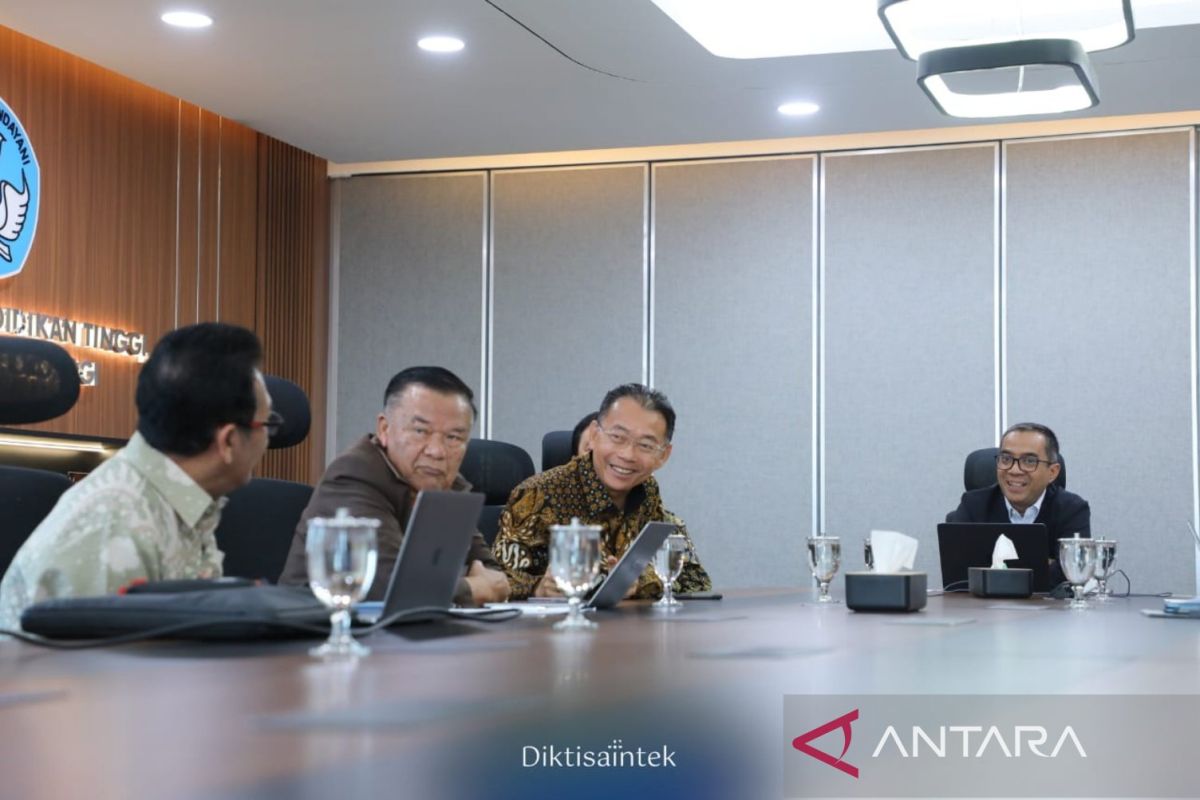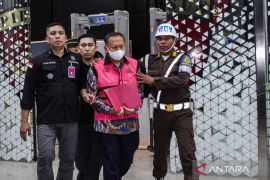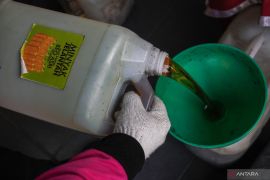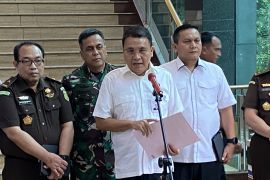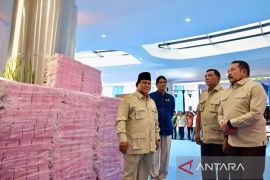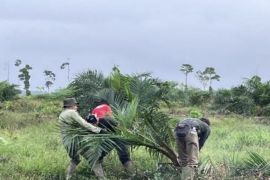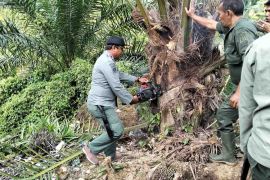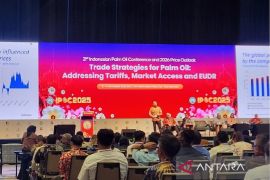“Palm oil is a highly strategic commodity, but its downstream development has not been completed yet. We will use this as a pilot project and ensure its realization,” Minister Yuliarto remarked here on Friday.
The Higher Education, Science, and Technology Ministry has partnered with the Indonesian Palm Oil Board (DMSI) to advance research, technology development, and downstreaming of the palm oil sector.
Yuliarto highlighted recent significant research in the field, such as the development of a palm oil dry processing technology that operates at temperatures below 80 degrees Celsius.
This method uses significantly lower temperatures than the conventional method, which typically operates at 180-200 degrees Celsius and produces liquid waste and greenhouse gases.
This technology, developed collaboratively by the Bandung Institute of Technology (ITB), the University of Indonesia (UI), and industry partners, has resulted in products such as refined bleached and deodorized olein (RBMO) and stearin.
Those products, which have very low levels of the contaminant 3-MCPD, meet international standards, have been successfully tested, and are ready for commercialization.
Related news: BRIN develops demulsifier to combat palm oil waste
“The technology is designed to be energy-efficient, does not generate liquid waste, and boost farmers’ economic value," Yuliarto remarked.
Moreover, a cooperative-based business model will be adopted, where factories are co-owned by farmers and will be fully transferred to them after a set period.
The initial roadmap aims to establish pilot models across one million hectares of smallholder palm oil plantations.
It is projected that around 34.8 percent of the total 6.88 million hectares of smallholder plantations require replanting to boost productivity from 9.2 tons to 21.3 tons per hectare.
Furthermore, the project is estimated to require Rp171 trillion (around US$10.4 billion) in investment for replanting and processing infrastructure development.
With this investment, the national palm oil industry’s annual revenue is projected to rise from Rp61.5 trillion (around US$3.7 billion) to Rp142.7 trillion (around US$8.7 billion) by 2029 and create job opportunities for over 16 million farmers and their families.
Related news: Palm oil downstreaming to meet people's nutritional needs: ministry
Translator: Sean, Kenzu
Editor: Rahmad Nasution
Copyright © ANTARA 2025
